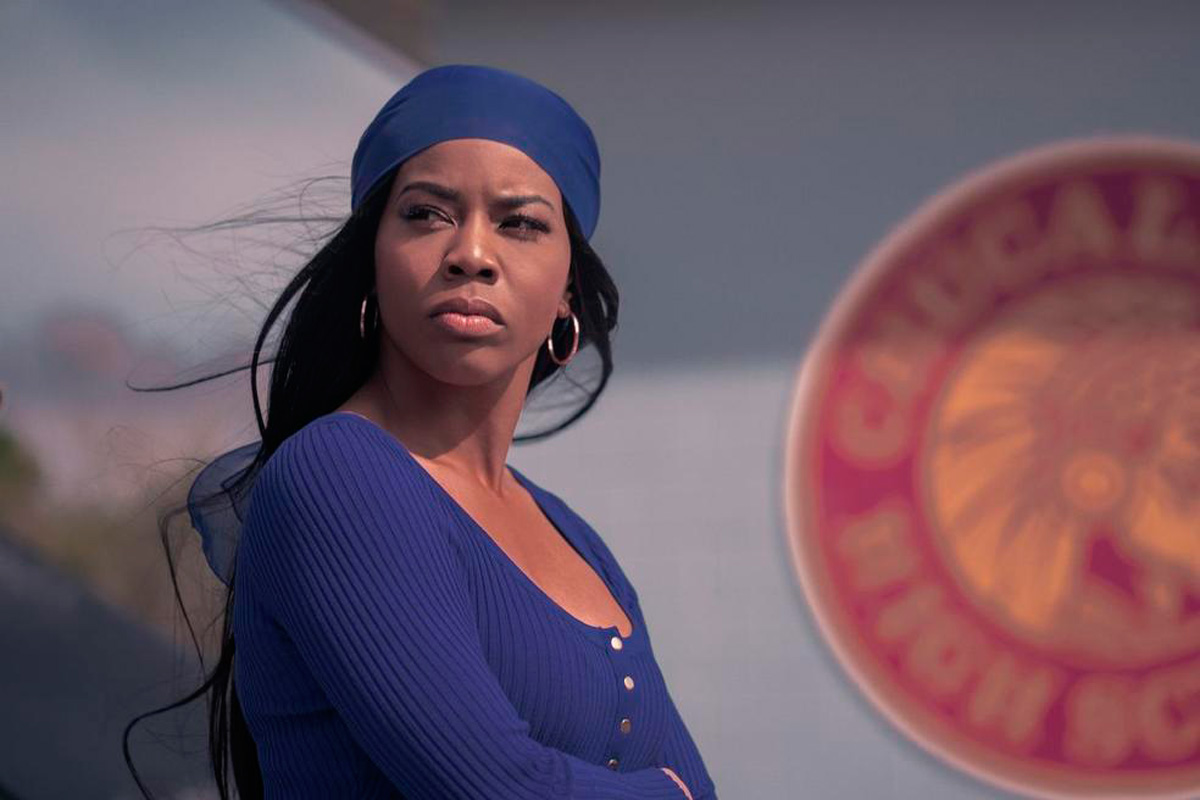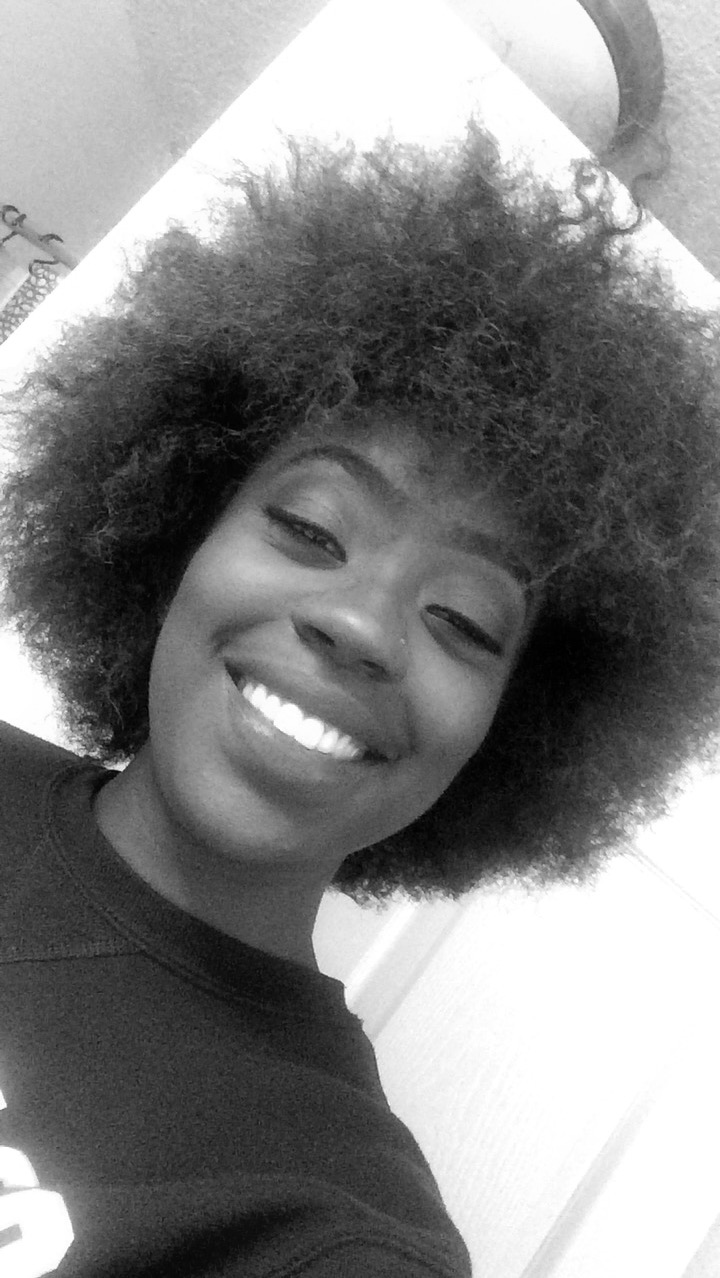People spend Sunday mornings in the fictional town of Chucalissa, Miss., worshipping, tithing and praising. But Sunday nights, those are spent at The Pynk (pronounced The Pank), where tithing takes on a whole new meaning. Dollars are known as duckets, and it’s not the tithing plates that hold the money, but g-strings. Praise dancing is an artistic form of acrobatics that defy logic and gravity on a pole.
God isn’t being worshipped in these parts, but strippers like Mercedes, Miss Mississippi and Autumn Night bring crowds in from miles around.
“You got your pulpit, and I got mine,” Mercedes tells her mother.

Nowhere is that more prevalent than at The Pynk where the lines are always long and the atmosphere is always lit. The club is at the center of the new Starz series “P-Valley,” which premiered July 12, and follows the lives of those who run and work at the club and the struggles they face outside of work.
Playwright Katori Hall created, wrote and executive produced the series, which isn’t the first production to set its sights on the lived experience of strippers and strip-club culture. In 2019, “Hustlers” was a huge success with Jennifer Lopez and Constance Wu at the helm, but it was more about scamming than stripping in the end.
Before that, the “Magic Mike” franchise offered the male perspective of stripping, and before them all was the hood classic “The Players Club,” released in 1998, which is what many viewers say compares to this series.
Though only one episode in, “P-Valley” seems a bit more in-depth than its predecessors with a host of characters who are lively, yet more nuanced. And the act of stripping itself transcends its more rudimentary bounds and becomes an art form to be appreciated and respected.
Drinks and Chicken Wings Supplement the Bread and Wine
What’s most interesting about “P-Valley” is the dynamic between religion and stripping, especially since the show’s setting sits in the heart of the Bible Belt. Praise and worship and stripping encompass characteristics that make them parallel in “P-Valley”’s world, with stripping almost surpassing the church’s influence.
Church is a place for those who want to cleanse their sins, lay down their pain. The experience is a culmination of music, singing and testimonies to promote healing.
But so is The Pynk. There’s music to get lost in and dance to. The drinks and chicken wings supplement the bread and wine served for church communion. And people go there to escape their own realities. They give what little they have to the women who sell them a fantasy that they matter or, more specifically, their dollars do. It doesn’t matter your occupation or circumstances. Everybody at The Pynk is accepted as long as they participate monetarily. And what the patrons get back is an experience like no other.
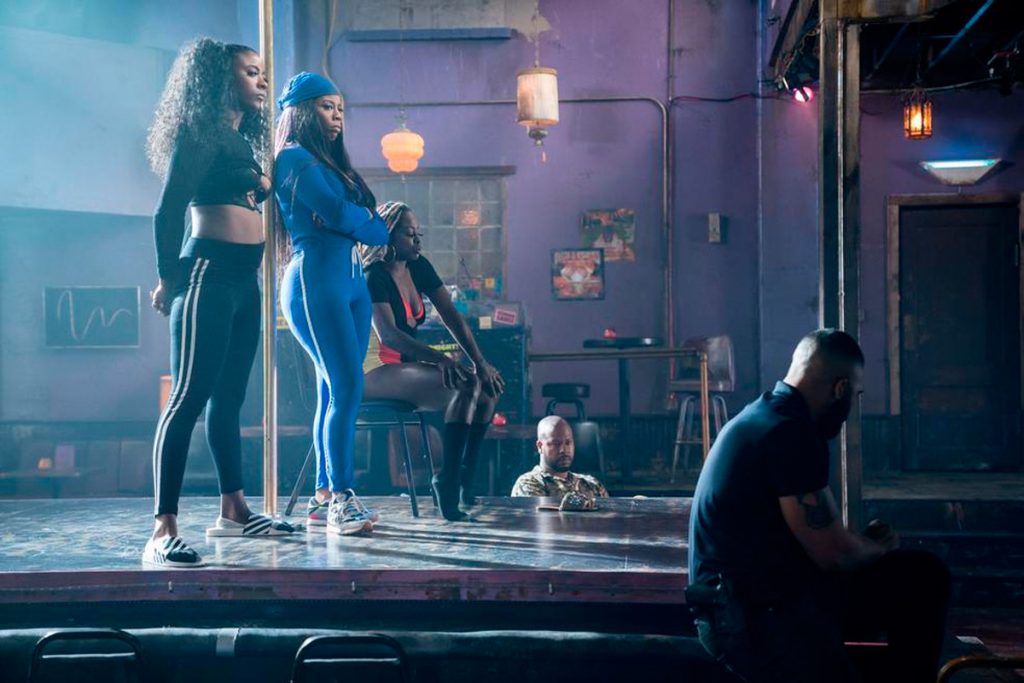
This parallel is made no more clear than in Mercedes, a stripper at The Pynk, and her religious mother, Patrice. While her mother occupies her Sunday mornings in church, asking the congregation for 10% tithes through song, her daughter’s skills are The Pynk’s main attraction on Sunday nights. Two different occupations, but the end result is the same: profits.
But Patrice’s Christian views make her shame the very occupation that helps fund the church. In her mind, her daughter is a “hoe” who needs saving, but Mercedes views her talents differently.
“It’s art. I transport motherf*ckers. Dazzle them, something you wish you could do,” Mercedes tells her mother.
But in her own way, her mother is dazzling people with salvation instead of sensuality. The money just comes faster where Mercedes is concerned. As long as her tips continue to come in, and she continues to give them to her mother, the green thread between church and stripping will continue to thicken, making them inseparable.
‘Fake It ’Til You Make It’
The premiere episode’s title “Perpetratin’” hits at another angle of the show that speaks to the lived experiences of these Black women. Once you step foot into the club, you become a pretender, trying to fake it until you make it.
The dancers hide behind their alter egos, letting the pain hit the floor alongside every dollar that rains upon them. Autumn Night, the new girl, is running from something or someone, as evidenced by the traumatic, near-death experience told through flashbacks throughout the episode. Mercedes is struggling not to buckle under mother’s scathing view on her life choices. Miss Mississippi, another main attraction, is a mother of two in an abusive relationship that mars her body with bruises and scars, which is not conducive when her looks are her money maker. Uncle Clifford, the club owner, seems to have it together, but he’s this close to losing the club due to debt.
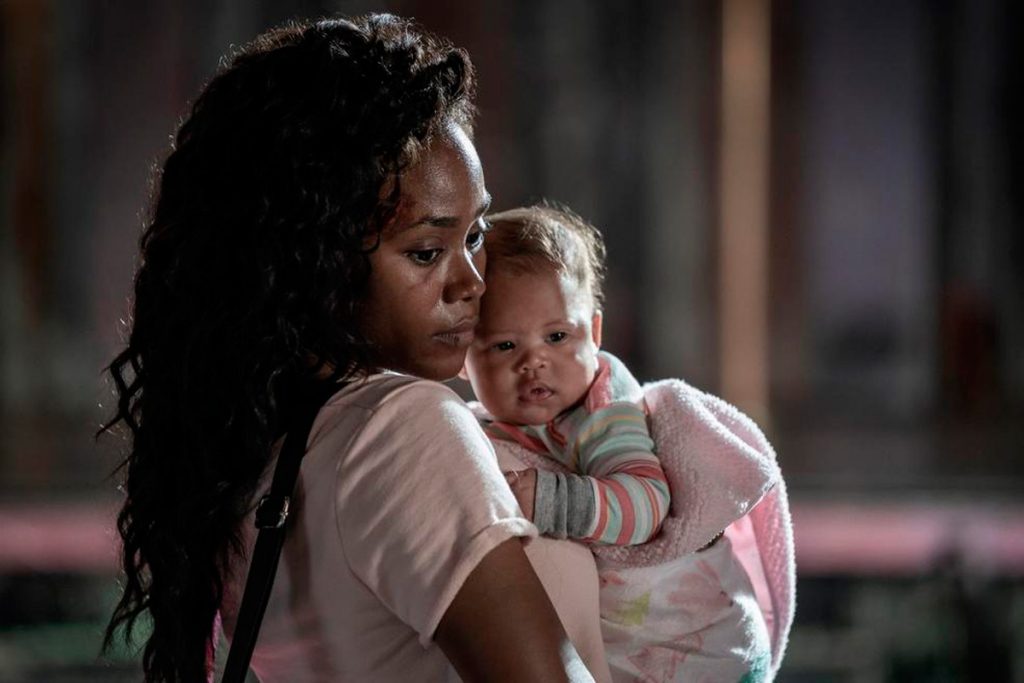
Each character is going through something, but the patrons are none the wiser. Their pain would only ruin the allure, and the more confident you are, the more it shows in the performance, thus more money. This is easily shown through Miss Mississippi’s rousing performance on the pole, where she flips up, down, sideways without breaking a sweat. But before that moment, she was breastfeeding her baby and before that, hiding her bruised face with makeup. She lays her burdens down to achieve something greater (there’s that church reference again.)
Scenes like these add to the complexities of these women who could just be seen as a piece of flesh for entertainment, but who are not. They’re women making a way out of no way.
This perpetratin’ even extends to the patrons who frequent the club. Part of the job is spotting the ballers from the scrubs, the haves and the have-nots. The bartender and Mercedes school Autumn on how to scope out the patrons based on look and demeanor alone. And Mercedes, who’s been working at the club for seven years, is an expert in this department. She spots a patron with tags still on his suit, with the intent to return it, of course. Then college rapper Lil Murda, another main character, sticks a brick doused in tea at the bottom of his money bag to make his bag appear more heavy with cash, but Mercedes easily spots the difference.
Everybody is hiding something. And as dark as it is at The Pynk, it just happens to be the perfect place that puts the pretenders and the pretending on display.
Final Thoughts
“P-Valley”’s first episode does a good job of really entrenching the audience in the do’s and don’ts of strip-club culture. The colloquialisms like duckets and coochie coupons refer to money, the music, the nudity, stripper names and pole tricks. The show doesn’t shy away from anything, which helps create an authentic environment.
However, one of the show’s main flaws is its location, or lack of one. Although “P-Valley” is set in the Mississippi Delta, it’s not filmed there. While I’ll give the show some credit, it doesn’t quite hit the mark with making the audience feel like they’re in the “Dirty Delta.” The accents are southern, but not necessarily Mississippi. While visuals like a Black man riding a horse or little mom-and-pop shops are supposed to cement the viewer into life in the country, the Delta isn’t the only rural place that looks like this. One can easily find this setting in states like Texas, Alabama or Georgia, where the show is filmed.
As someone who has travelled the Delta from Jackson, I don’t see the rolling fields of grass on Highway 49. I didn’t see the Crystal Grill in Greenwood, Cozy Corner Cafe and Club Ebony in Indianola. I didn’t see any Mississippi Blues Trail markers or cobblestone paved streets.
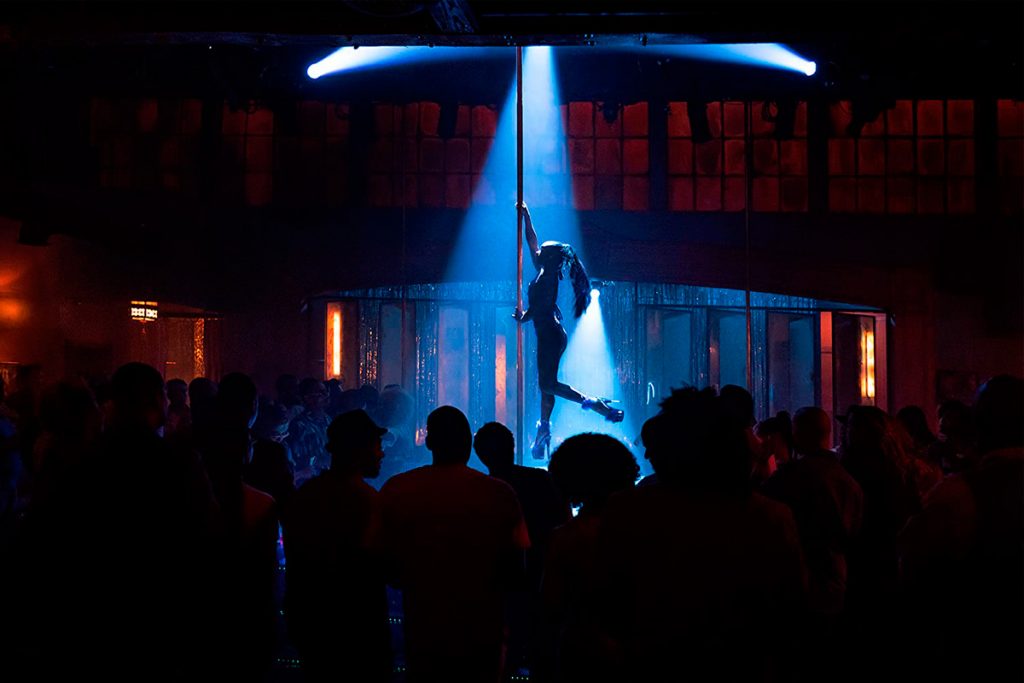
The show’s theme song “Down in the Valley”is from Memphis artist Jucee Froot, and the fictional town is taken from the C.H Nash Museum at Chucalissa in Memphis, Tenn. Workers discovered the prehistoric Chucalissa mound when building the segregated Shelby County Negro Park on former Choctaw land—which is now the T.O. Fuller State Park with the mounds, built 1000-1500 AD, still intact. Chucalissa means “abandoned house” in Choctaw.
These odes make sense since Hall herself is from Memphis. But I wonder if there will be music featured from Mississippi artists as the show continues. Big K.R.I.T. has a whole song, “ Blue Flame Ballet,” paying homage to stripping that would work well for the show. Only time will tell.
Still, this show offers a narrative that highlights Black women in a field of work not often seen. Not to mention, it’s funny, vibrant in color and characters, and the music is great. Viewers can watch “P-Valley” on Starz or the Starz app on Sunday nights at 8 pm.

